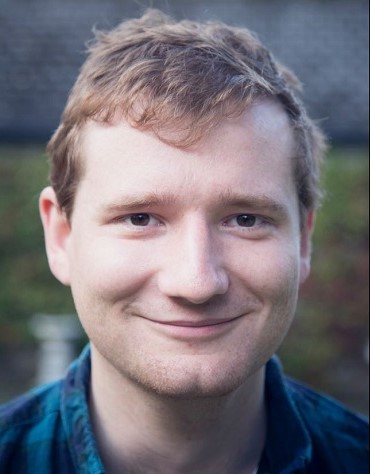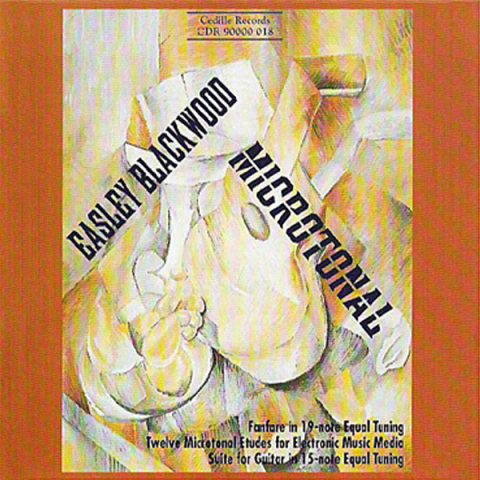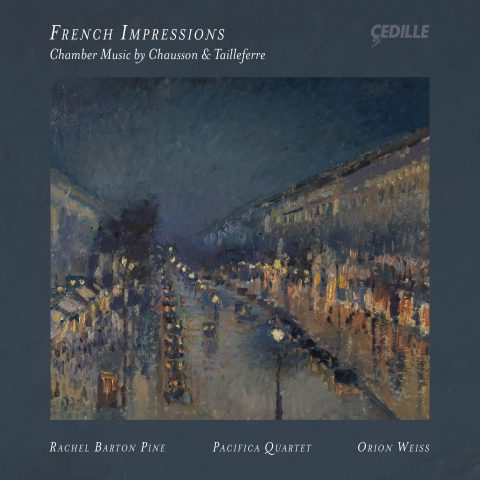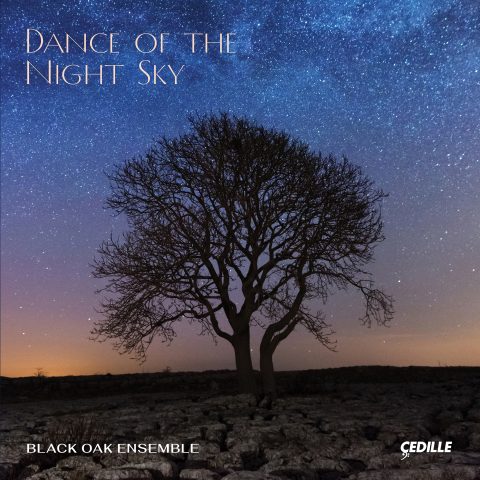
Discover
The Music of Easley Blackwood Celebrated on a New Recording

You cannot tell the story of Cedille Records without including Easley Blackwood (1933–2023). Blackwood was one of Cedille’s earliest recording artists, featured both as a pianist and composer on 14 different albums. He also served on Cedille’s Board of Directors. The process of making Cedille’s first-ever orchestral recording — Blackwood’s Symphony No. 5 with the Chicago Symphony Orchestra — helped convince Cedille founder James Ginsburg to reorganize Cedille Records as a nonprofit organization.
Easley Blackwood features prominently in Cedille’s growth as an organization. Blackwood taught at the University of Chicago from 1958–2017 (becoming Professor Emeritus after that). He received his musical training from such legendary figures as Olivier Messiaen, Paul Hindemith (at Yale, where Blackwood earned his Bachelor’s and Master’s degrees in 1953 and 1954), and Nadia Boulanger. The Boston Globe declared Blackwood, as a pianist, “famous in his ability to play music others dismiss as ‘unperformable’.”
In 1978, Blackwood received a grant from the National Endowment for the Humanities to investigate microtonal tuning systems that equally divide the octave into anywhere from 13 to 24 notes. This research culminated in his groundbreaking Twelve Microtonal Etudes for Electronic Music Media (1980). Unique intervals, chords, modulations, and scales are found in each one of the etudes — some stranger than others. An electronic realization of the Twelve Microtonal Etudes can be heard on Cedille’s 1994 album, Easley Blackwood: Microtonal.
In his preface to the score, Blackwood cautions against attempting to play the Etudes on acoustic instruments. In the years since he wrote those words, however, there have been unprecedented advances in music technology.
Using Celemony’s Melodyne software, it is now possible to quantize individually recorded pitches to any microtonal scale. This meant that if the Etudes were translated into a playable 12-tone version, they could be recorded using acoustic instruments and then detuned afterwards to notes that would have otherwise been impossible to play.
Nearly all recordings of Blackwood’s music are on Cedille Records. British composer and arranger Matthew Sheeran proposed a release to Cedille celebrating Blackwood’s Etudes. Sheeran rearranged the etudes for traditional, acoustic instruments using Celemony’s cutting-edge software, bringing a level of realism, expressiveness, and clarity to the music that was previously out of reach on non-electronic instruments.
The arrangements on this upcoming recording use standard instrumental forces: 11 musicians perform on 17 different instruments, each playing multiple overdubs. The sessions were recorded remotely over the course of a year by musicians from the Budapest Scoring Orchestra.
Matthew Sheeran says:
“As far as I’m aware, this is the first time something like this has been done. It was unclear how well this would work when I embarked on this journey, but the results have been beyond my wildest hopes.”
Even posthumously, Cedille’s musical relationship with Easley Blackwood continues through this fittingly innovative recording that was released digitally in January 2024.
Recommended
Acclaimed concert violinist Rachel Barton Pine, sought-after pianist Orion Weiss, and the multiple Grammy Award-winning Pacifica Quartet join forces for their new album French Impressions: Chamber Music by Chausson & Tailleferre, celebrating captivating works by French composers Ernest Chausson and Germaine Tailleferre.
Dance of the Night Sky, Black Oak Ensemble‘s third album for Cedille, expands the boundaries of string trio repertoire by offering listeners a vibrant collection of contemporary works including four world-premiere recordings, all by British women composers.
We celebrate the 7/11 release of French Impressions, including Ernst Chausson’s Concert Op 21 for Violin, Piano & String Quartet (Rachel Barton Pine, Orion Weiss, Pacifica Quartet) with a set of pieces written or performed as sextets from throughout the Cedille catalog (tracks from French Impressions added 7/11).
Enjoy 25% off Cedille’s Weekly Featured Release.




